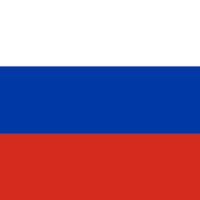Bank of Russia admits further easing of capital movement restrictions
Russia's Central Bank admits further easing of restrictions on capital movement as financial stability risks subside. That said, as part of restrictions are of non-economic and bilateral nature they can only be eased on a mutual basis, according to Draft Monetary Policy Guidelines for 2023-2025.
"Restrictions on capital movement freedom are solely an instrument of policy to support financial stability. As financial stability risks subside the Bank of Russia considers further easing of those restrictions possible," according to the document released on Friday. "Meanwhile the Bank of Russia considers the fact that part of restrictions on capital movement freedom are of non-economic and bilateral nature. Consequently, their easing is only possible on a mutual basis," the regulator noted.
"If measures regulating capital flows are large-scale, being introduced as major financial stability risks are implemented, they are usually efficient temporarily since they may lead to unfavorable long-term consequences," the Central Bank noted. Particularly, restrictions on capital mobility substantially complicate current economic activities, may deteriorate the investment climate, as well as hinder reaping the benefits of the open economy in the future, the Bank of Russia added. Moreover, using such measures carry major administrative costs for the economy. Their efficiency may also decrease as participants of economic activities adjust to restrictions imposed, including due to the active development of financial technologies.
"Finally, restrictions on the freedom of capital movement break the work of separate channels of transmissive mechanism of the monetary policy," the regulator concluded.



















































First, please LoginComment After ~